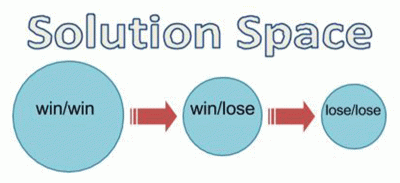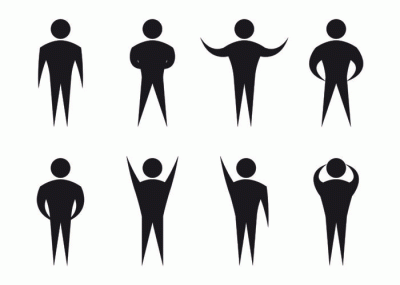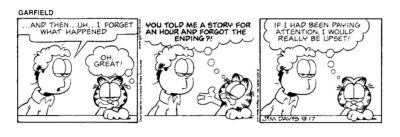Congruence Inside and Out
A CEO of a hospital to which I consulted once asserted that how he and the managers treated the employees was important because it affected how they treated patients. Although this was years ago, it strikes me as true today as it did then. Only, it is not just in hospitals. It is in all organizations and all sectors. Employees tend to treat customers or clients as they are treated, just as civil servants are … Read more…










